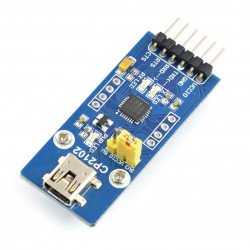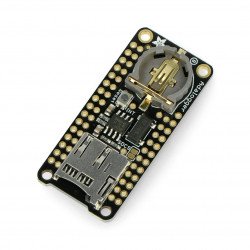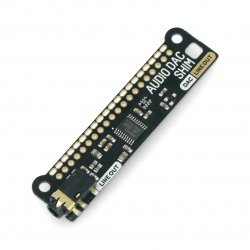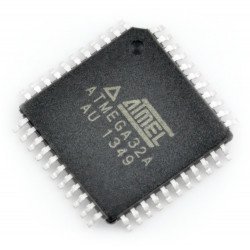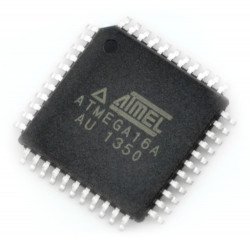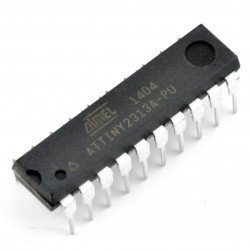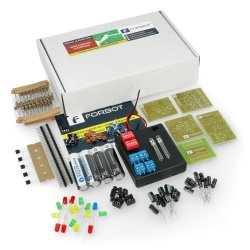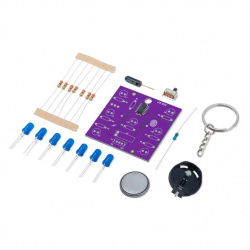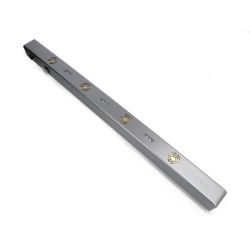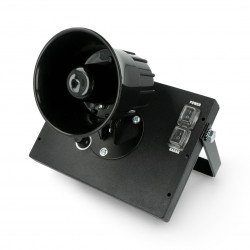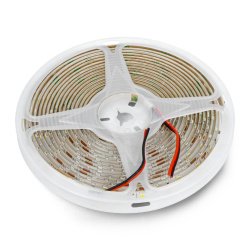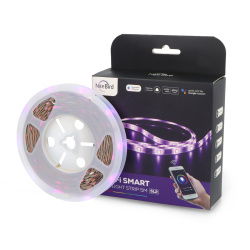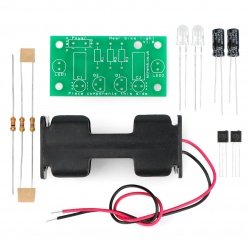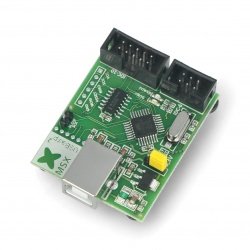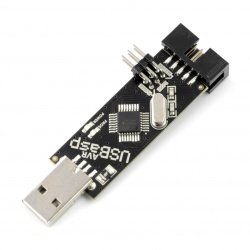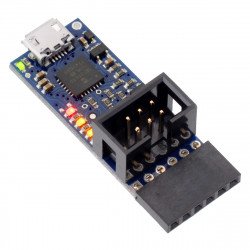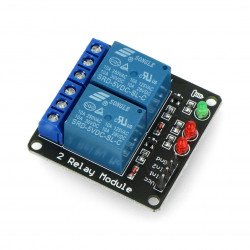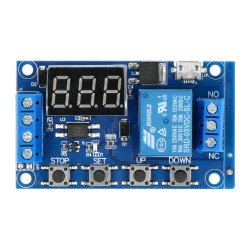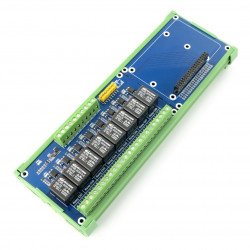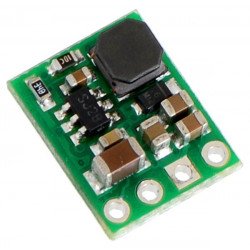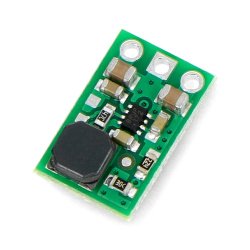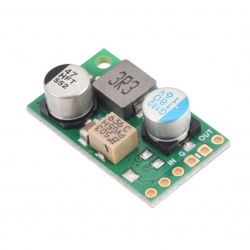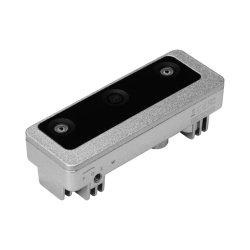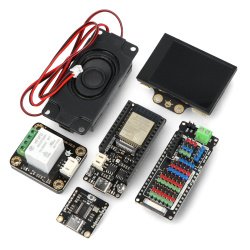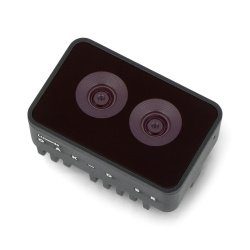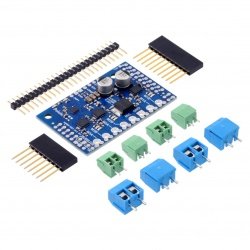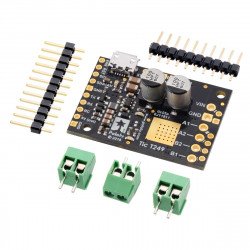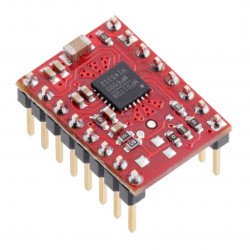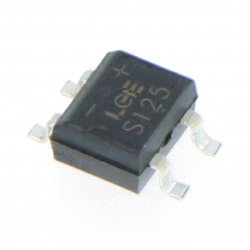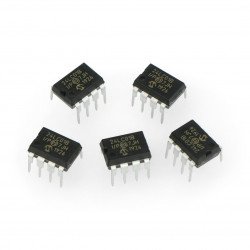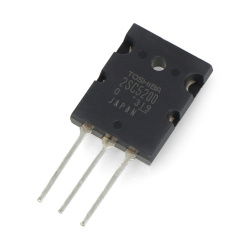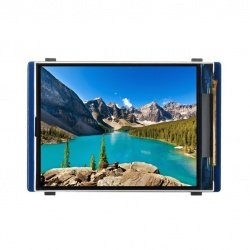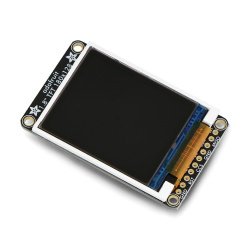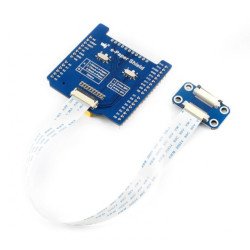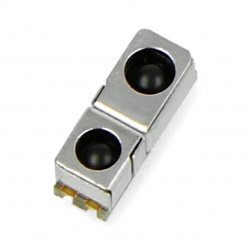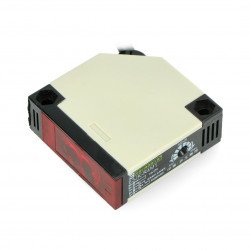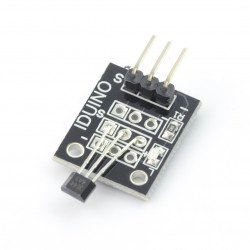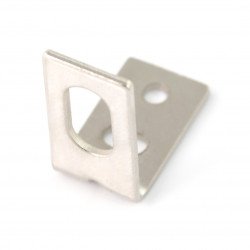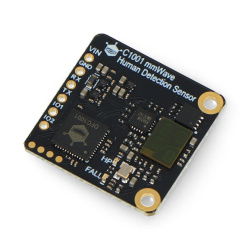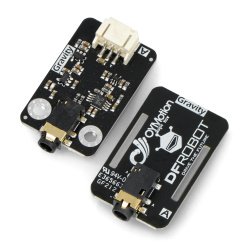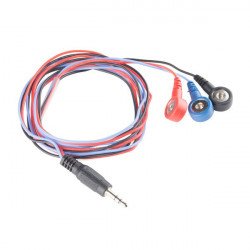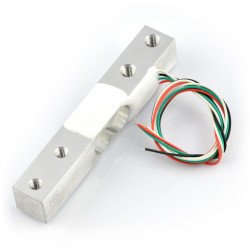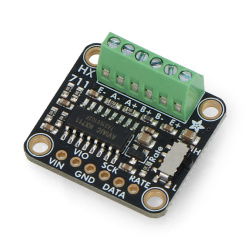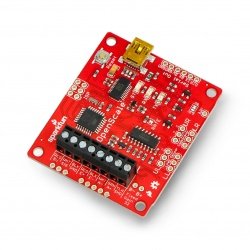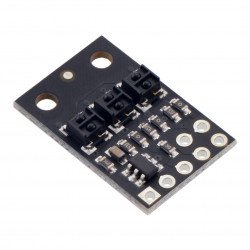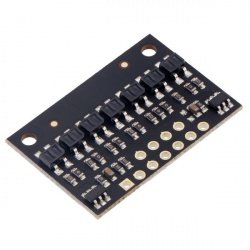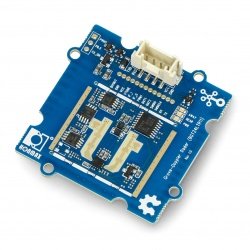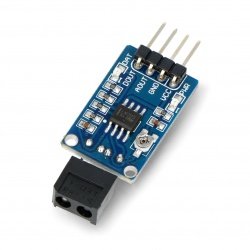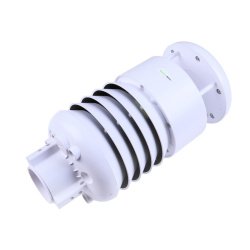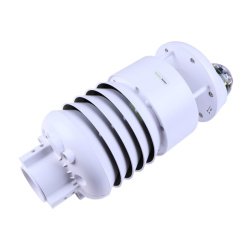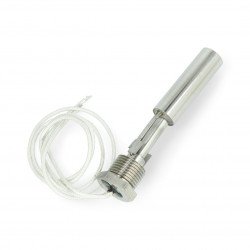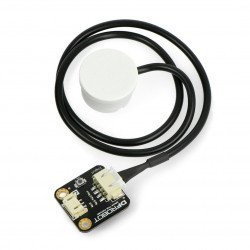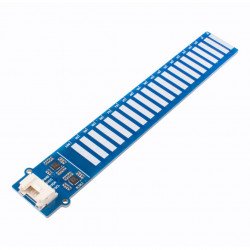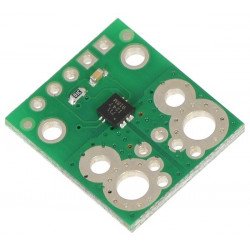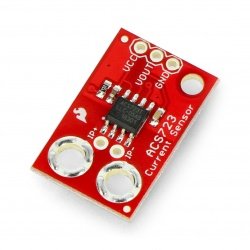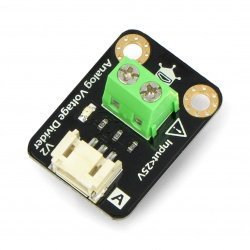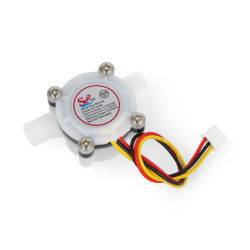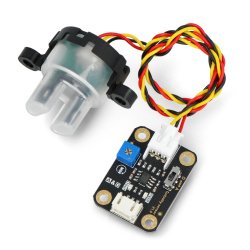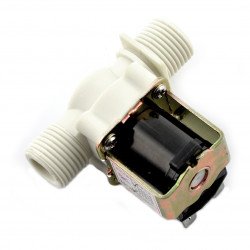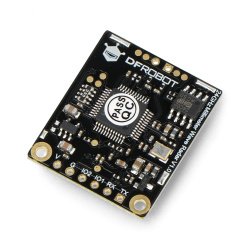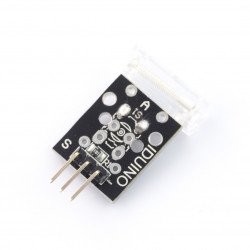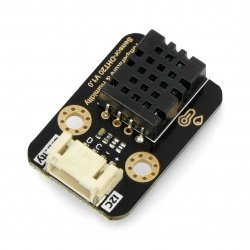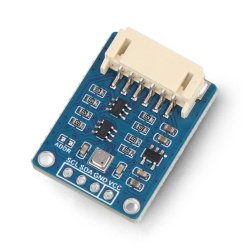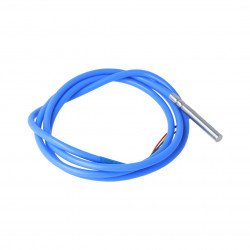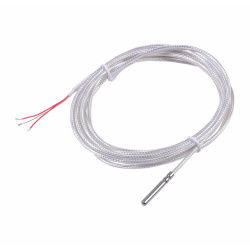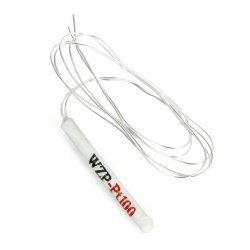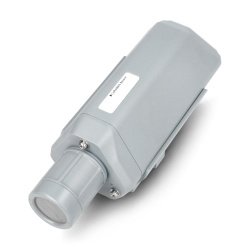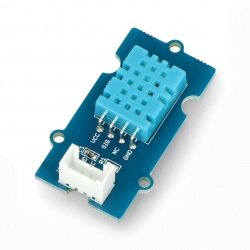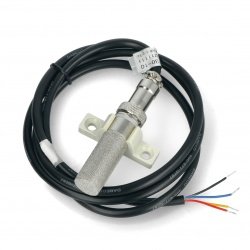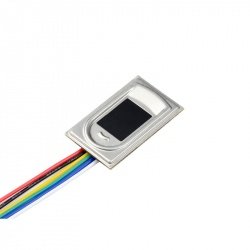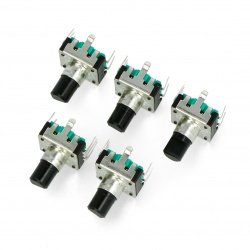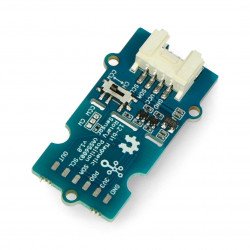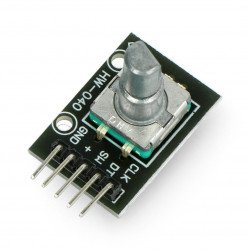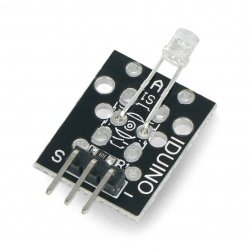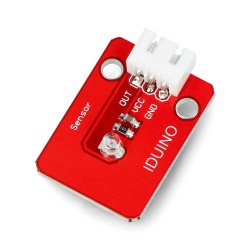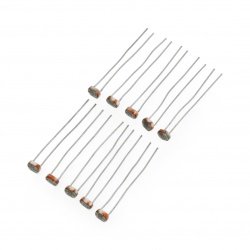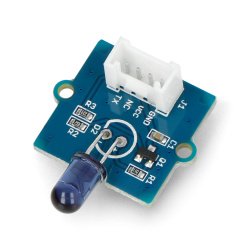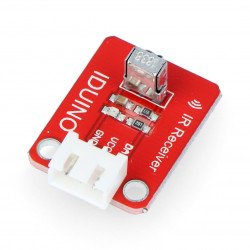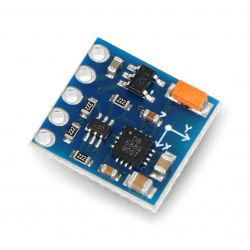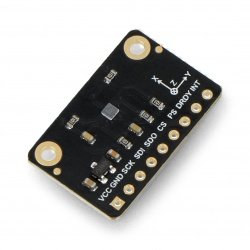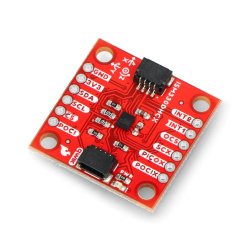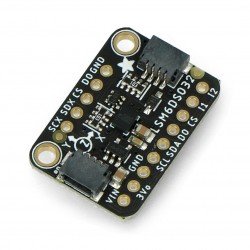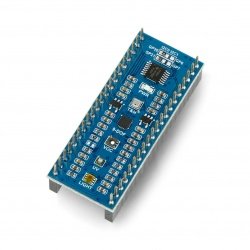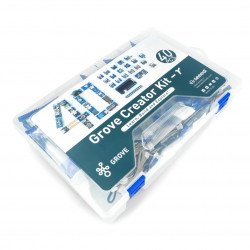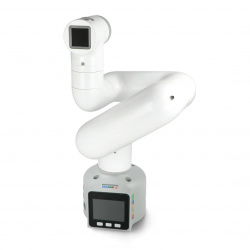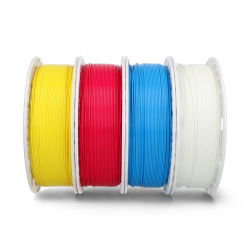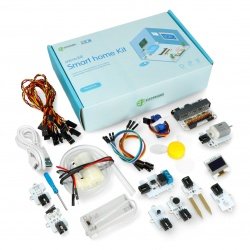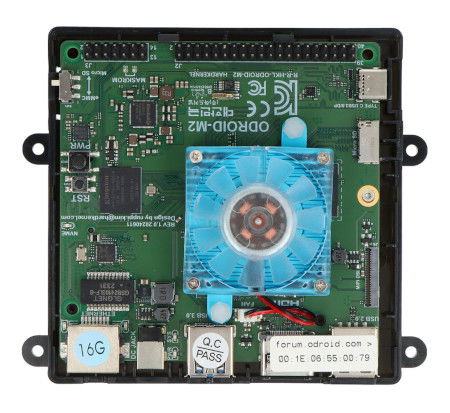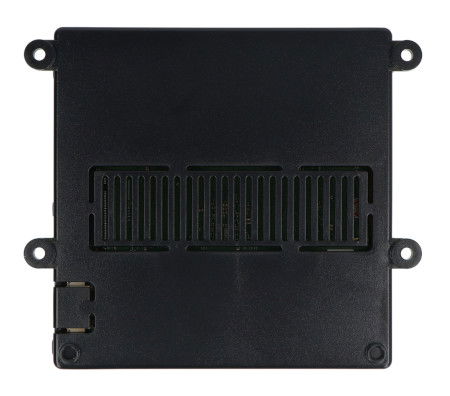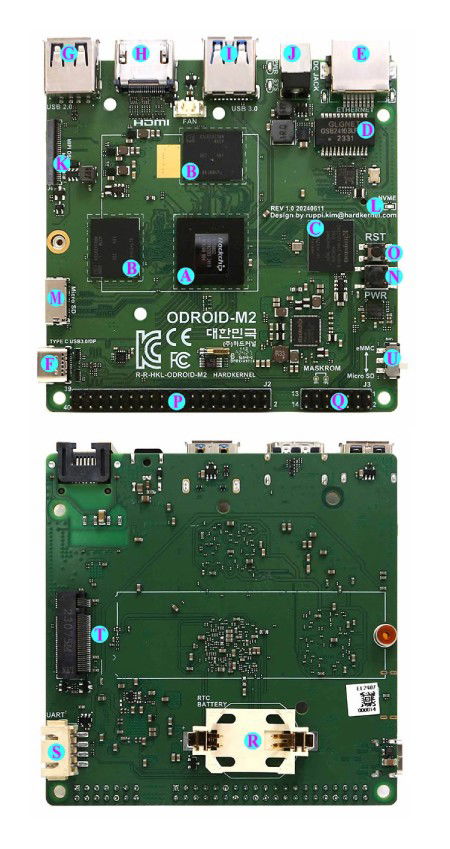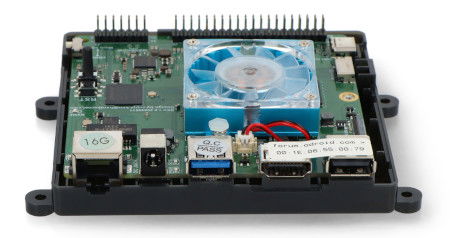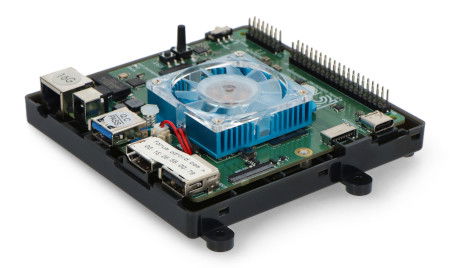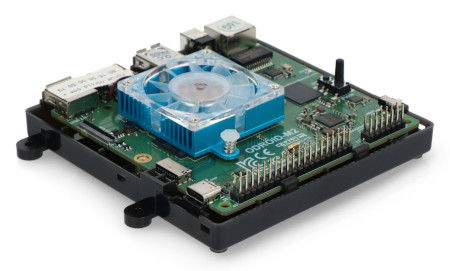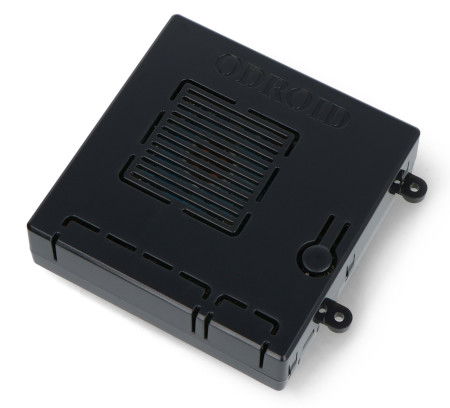Product description: Odroid M2 - mini computer with Rockchip RK3588S2 processor + 16 GB RAM
Odroid M2 is a single-board minicomputer that meets the needs of demanding users. Equipped with the RK3588S2 system, it has two quad-core processors - Cortex-A55 and Cortex-A76 , offering excellent performance with minimal energy consumption. Odroid M2 with 16 GB of LPDDR5 RAM , built-in 64 GB eMMC memory and the ability to connect NVMe drives , is ideal for industrial applications, embedded systems and multimedia projects. It supports dual 4K displays , making it a great solution for graphic applications and HMI (Human-Machine Interface).
The manufacturer has prepared a user guide that will help you get started with the minicomputer.
Comparison of Odroid M1 and Odroid M2
The Odroid M2 significantly outperforms its predecessor, the Odroid M1 , thanks to the use of the modern RK3588S2 SoC instead of the RK3568B2. Here are the key performance differences:
- Multi-processing performance : Odroid M2 offers about three times the performance of M1, allowing you to run multiple apps at once more efficiently
- RAM : The M2's LPDDR5 provides more than twice the memory bandwidth of the M1, significantly accelerating memory-intensive applications
- Graphics performance : The GPU in Odroid M2 is more than five times faster, which improves performance in multimedia applications and games
- NPU : The M2's neural processing unit performs more than three times faster, accelerating AI and machine learning operations
- eMMC Memory : Odroid M2 has 64GB eMMC memory which is twice as fast thanks to the HS400 interface, allowing faster data access compared to M1
Despite the higher performance, Odroid M2 maintains relatively low power consumption, making it a more efficient solution.
Arrangement of components on the board
- Rockchip RK3588S2 processor
- 2x LPDDR5 chip
- 64GB eMMC
- Ethernet transformer
- RJ45 Ethernet port (10/100/1000)
- USB 3.0 Type-C port with Alt-mod DP
- USB 2.0 port
- HDMI
- USB 3.0 port
- DC socket for DC power supply
- MIPI DSI 4 Lane
- M.2 LED Indicator
- MicroSD card slot
- Power button
- Reset button
- GPIO pins x40
- GPIO Pins x14
- RTC Battery Holder
- UART for system console
- M.2 NVMe M-Key PCIe2.1 1-lane
eMMC memory
Odroid M2 is equipped with a built-in 64 GB eMMC memory, which eliminates the need for replaceable eMMC modules. Thanks to support for the HS400 interface, data transfer speeds can be up to 260 MB / s , which is three times faster than standard microSD cards. This solution is ideal for applications that require fast data access and stable performance.
M.2 NVMe Slot
For users who need more capacity, the Odroid M2 offers the option of connecting NVMe SSDs in the M.2 format . This slot supports PCIe 2.1 with a single lane , which limits the maximum transfer speed to around 400 MiB/s . Nevertheless, it is a powerful enough solution for many embedded systems and applications with large storage requirements.
Real Time Clock (RTC)
The Odroid M2 minicomputer is equipped with a built-in real-time clock (RTC) system based on the PCF8563 chip. The clock and calendar can operate for up to 10 years without connecting to the mains power supply, provided that a CR2032 battery is installed (battery not included). Such functionality is extremely useful in systems that must maintain accurate time, even during power outages.
Cooling fan
Due to the high computing power and graphics performance, Odroid M2 may need additional cooling during intensive work. The set includes a fan , the speed of which can be adjusted using PWM, which allows for optimal ventilation while reducing noise. In graphics mode, thanks to hardware GPU support , the fan works sporadically, because the device generates relatively little heat.
M2 Programming
The Odroid M2 minicomputer supports a range of operating systems, including Android 13 and Ubuntu 20.04 LTS . With open drivers and libraries, users can create applications using various interfaces such as GPIO, I2C, SPI, UART, and PWM . The M2 supports the Wayland-based GNOME graphical interface and tools for NPU and VPU, making it an excellent choice for developing systems with advanced AI and multimedia applications.
In our offer you will also find cases for Odroid , power supplies and other accessories - check it out!
Odroid M2 Technical Specification
- Processor: Rockchip RK3588S2
- Quad-core Cortex-A76 (2.3GHz +/- 0.1GHz)
- Quad-core Cortex-A55 (1.8GHz)
- ARMv8-A architecture with Neon and Crypto extensions
- Graphics Processing Unit (GPU): Mali-G610 MP4 (1 GHz) with 4 execution units
- NPU(AI Accelerator): 6 TOPS/INT8, Integrated RKNN NPU AI Accelerator
- Memory: LPDDR5, 16GB with 64-bit bus
- Mass storage:
- 64GB built-in eMMC (soldered to PCB)
- MicroSD slot (UHS-I SDR104)
- M.2 NVMe slot (PCIe 2.1 x 1)
- Network: GbE LAN port (RJ45 10 / 100 / 1000 Mb/s)
- Video:
- HDMI 2.0 (up to 4K@60Hz, HDR, EDID)
- MIPI DSI (supports 800 x 1280 px LCD)
- DP via USB Type-C
- External I/O ports:
- 1x USB 2.0 port
- 1x USB 3.0 port
- 1x USB 3.0 Type-C (with DP Alt-Mode support)
- UART (debugging)>
- 40-pin GPIO
- 14-pin GPIO
- RTC(Real Time Clock): Built-in PCF8563 chip/CR2032 battery slot(support power supply up to 10 years without main power)
- Power supply: DC 5.5/2.1mm 7.5V to 15.5V (recommended power supply 12V/2A)
- Cooling: PWM fan for CPU cooling included, radiator for efficient heat dissipation
- Dimensions: 90 x 90 x 21 mm
- Weight: 78 g with heatsink, 58 g without heatsink
Useful links |























































































